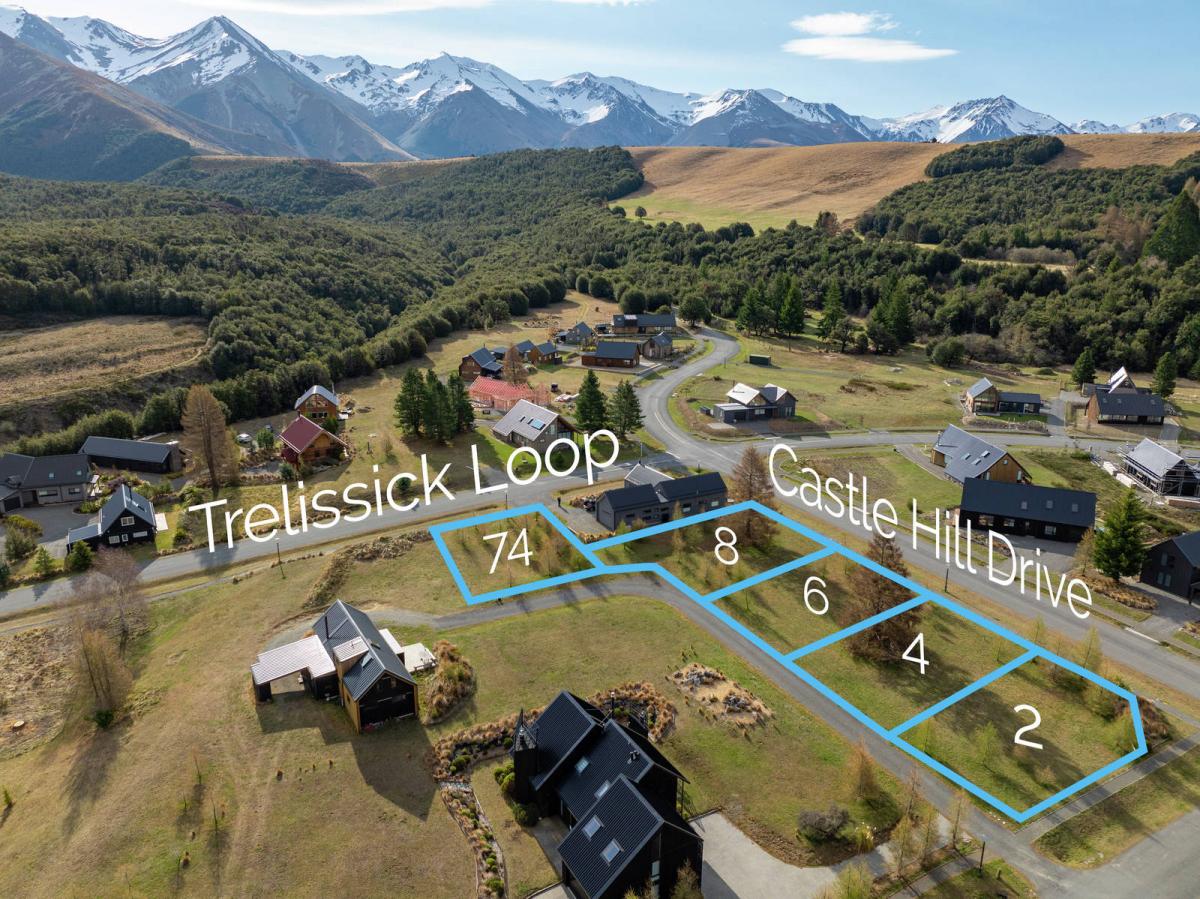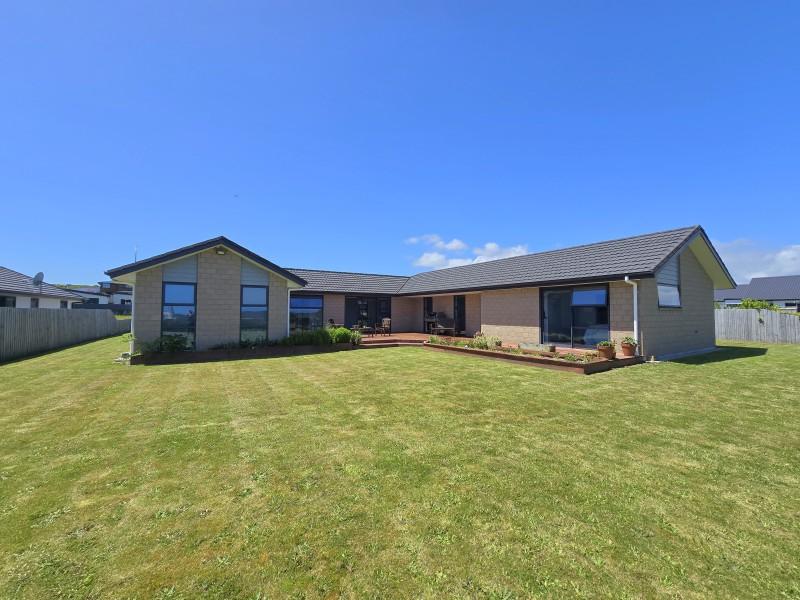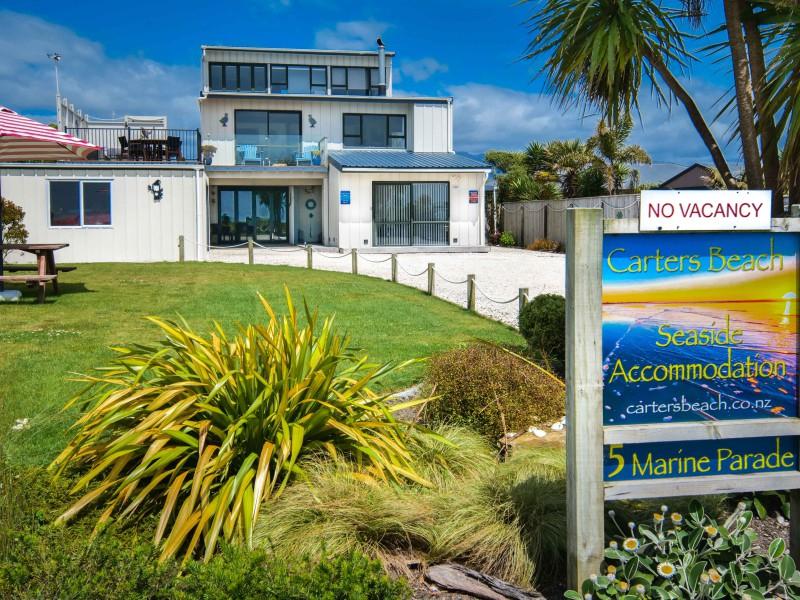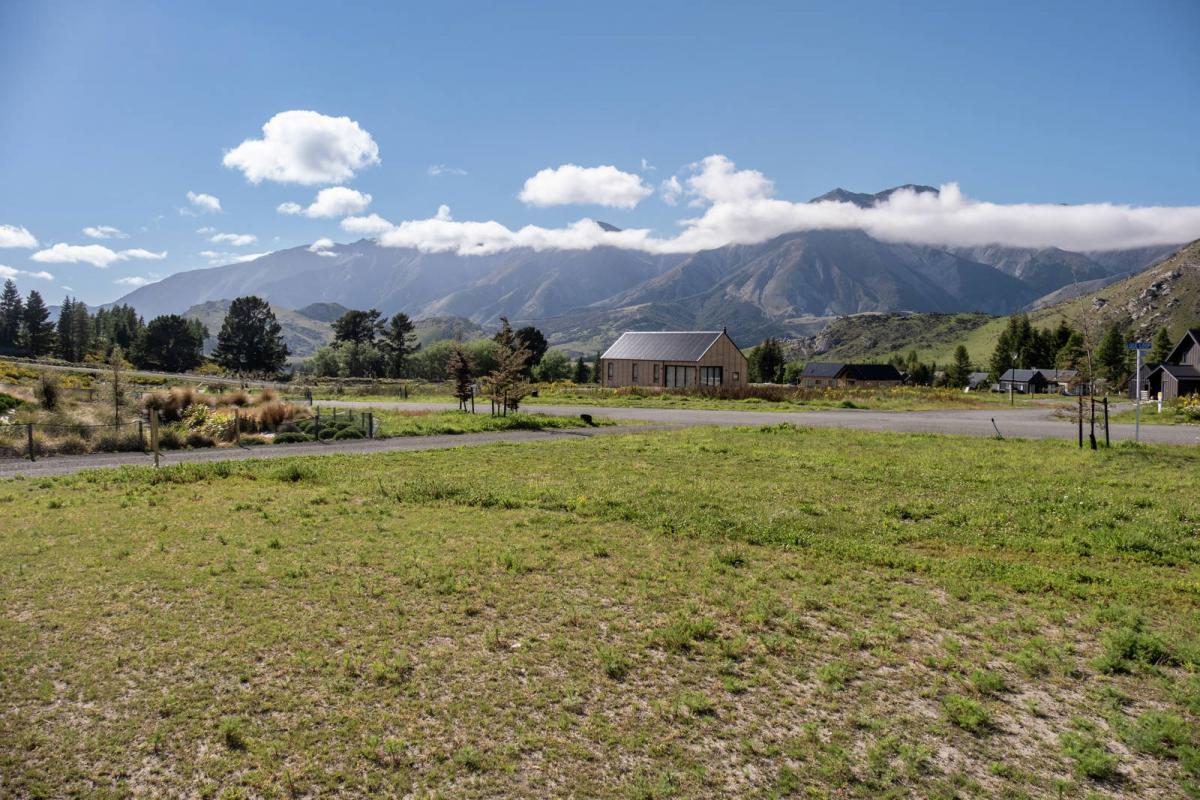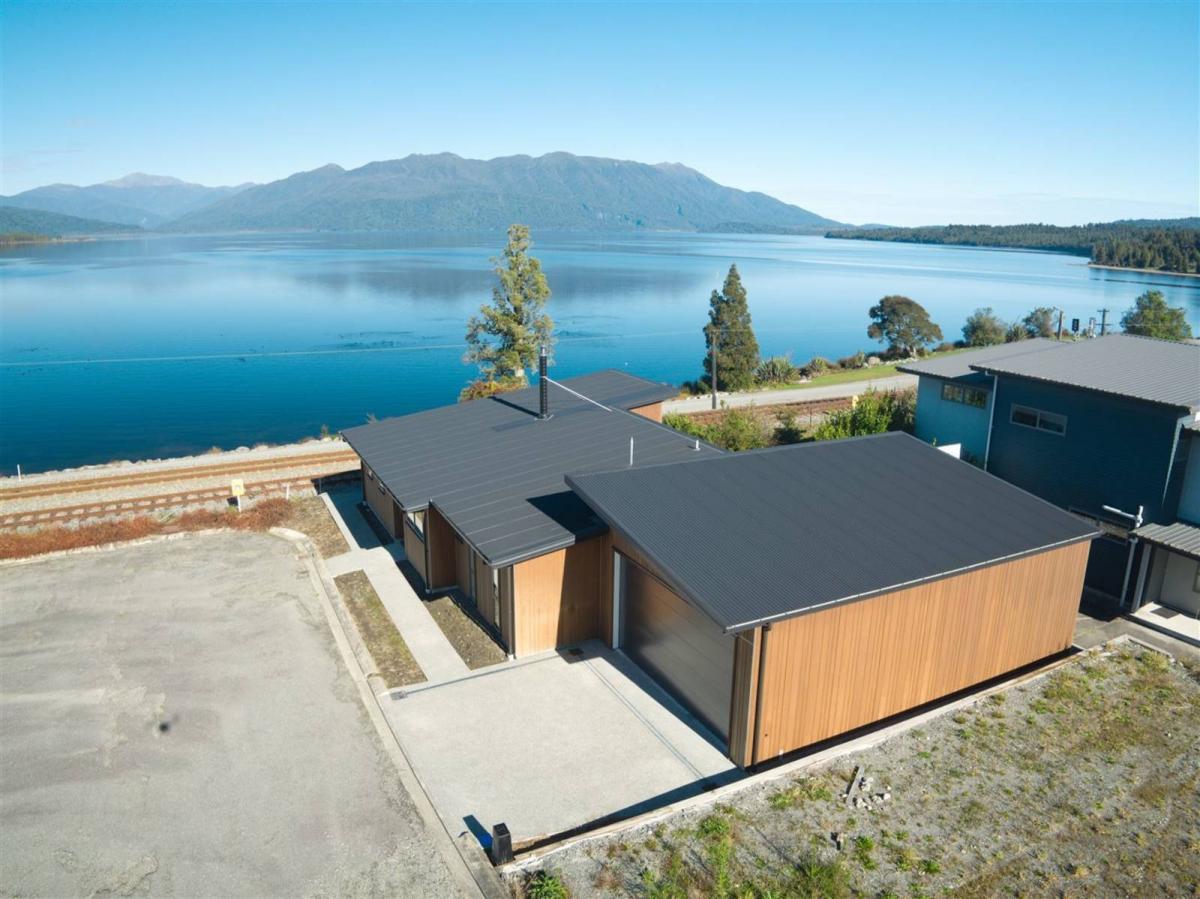West Coast communities will need to ‘help themselves’ if disaster strikes
By local democracy reporter Brendon McMahon:
When disaster hits the West Coast, people should not expect that help is on the way.
That's the plain warning from Westland Mayor Helen Lash.
She notes that "crystal ball gazing" needs to move to personal action.
"There will be no knight in shining armour. It's not going to happen. People need to understand that. The people we're going to rely on is ourselves. Anything other than that is a bonus," Mrs Lash said Monday.
The prospect of a massive Alpine Fault rupture (AF8) is now overdue and lines of communication along the 650km long region including roads, bridges, and power will be completely severed for weeks, if not many months.
A recent presentation to Hari Hari farmers by a river engineer noted the AF8 region-wide reality would be mass collapses of river valleys and hillsides with a total transformation of the landscape.
And those living south of Hokitika and north of Westport are particularly vulnerable due to single road access and some big rivers.
West Coast Civil Defence and Emergency Management group manager Claire Brown said a big focus for West Coast CDEM is "about community development".
Ensuring people in every district had an awareness, knew what they needed to do, and had the plan and contingencies in place were the key pillars, "at the end of it, helping communities to help themselves".
"That takes a lot of time and effort, she said.
"It also begins at home, locally held preparedness in the community you live in, how organised you are, how quickly are you able to coordinate a response."
That included an individual and local plan around finding access external communications.
Brown said fairly major events had already proven the complexities for the region.
The reverberation of Cyclone Gabrielle only reinforced that vulnerability.
"We know that it doesn't take a lot for the roading or infrastructure to be compromised."
Hokitika mayor Helen Lash said her biggest concern is that local residents have yet to overcome a complacency and to take some personal responsibility.
In the event, every little contingency already in place in the various neighbourhoods would be vital for the authorities to understand the bigger picture.
Breaking through that complacency was "flipping hard," particularly when some people held to an expectation that somehow a whole lot of external aid would arrive in an event like AF8.
Lash said she was passionate about an "from the ground up" approach that actually started at home.
"At the end of the day resilience is going to be the number one factor in the ability of communities to cope. Some communities have got on board."
A very impressive example was Harhari getting organised more recently with "a great team there".
They already had the fundamentals for an emergency operations centre in their settlement, and were working on a plan for alternative accommodation in an event for example.
Tools like organising a generator or planning an independent water supply should be happening now, Lash said.
She gave the example of own neighbourhood at Tutaki just south of Hokitika, which was highly likely to be cut off in the loss of the bridge despite its proximity to the main town.
Lash said Franz Josef was another good example of self organisation given what it had experienced in the past decade.
But people in every area urgently needed "to understand" they would be relying on their own resources for some time in a big disaster.
"It's going to rely on everyone pulling their weight."
Live Q&A: Garden maintenance with Crewcut
This Wednesday, we are having another Neighbourly Q&A session. This time with John Bracewell from Crewcut.
John Bracewell, former Black Caps coach turned Franchisee Development Manager and currently the face of Crewcut’s #Movember campaign, knows a thing or two about keeping the grass looking sharp—whether it’s on a cricket pitch or in your backyard!
As a seasoned Crewcut franchisee, John is excited to answer your lawn and gardening questions. After years of perfecting the greens on the field, he's ready to share tips on how to knock your garden out of the park. Let's just say he’s as passionate about lush lawns as he is about a good game of cricket!
John is happy to answer questions about lawn mowing, tree/hedge trimming, tidying your garden, ride on mowing, you name it! He'll be online on Wednesday, 27th of November to answer them all.
Share your question below now ⬇️
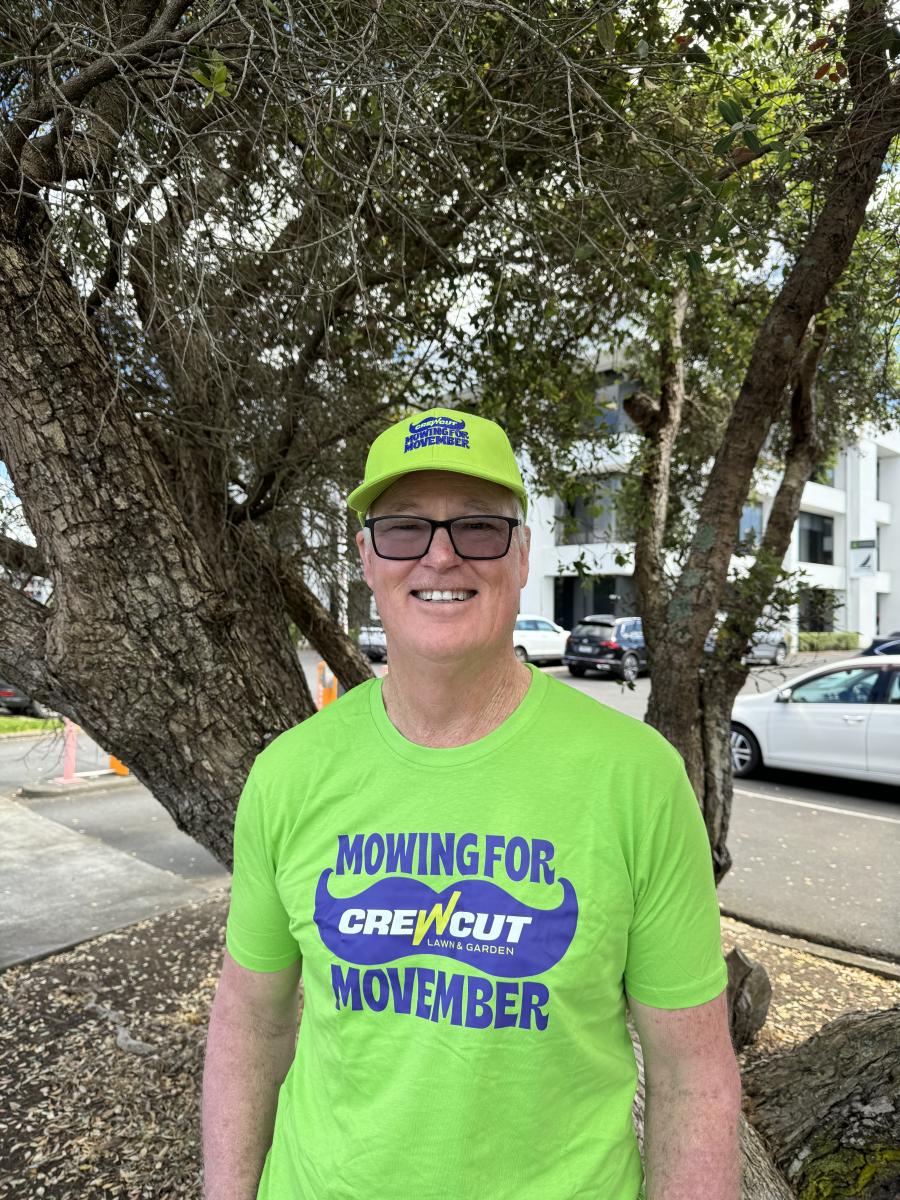
Test Your Wits! Today's Riddle Will Keep You Guessing!
Only one colour, but not one size,
Stuck at the bottom, yet easily flies.
Present in the sun, but not in rain,
Doing no harm, and feeling no pain.
What is it?
Do you think you know the answer to our daily riddle? Don't spoil it for your neighbours! Simply 'Like' this post and we'll post the answer in the comments below at 2pm.
Want to stop seeing riddles in your newsfeed?
Head here and hover on the Following button on the top right of the page (and it will show Unfollow) and then click it. If it is giving you the option to Follow, then you've successfully unfollowed the Riddles page.

Poll: Should all neighbours have to contribute to improvements?
An Auckland court has ruled a woman doesn’t have to contribute towards the cost of fixing a driveway she shares with 10 neighbours.
When thinking about fences, driveways or tree felling, for example, do you think all neighbours should have to pay if the improvements directly benefit them?

-
82.5% Yes
-
14.9% No
-
2.6% Other - I'll share below
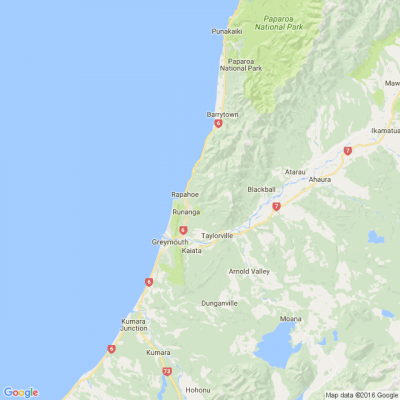
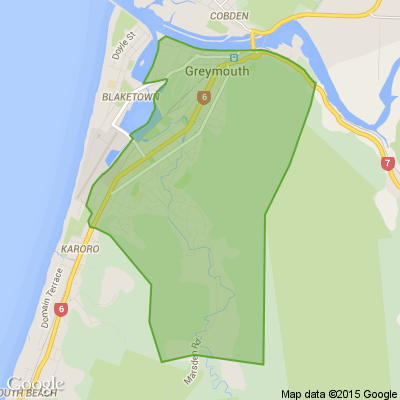




 Loading…
Loading…